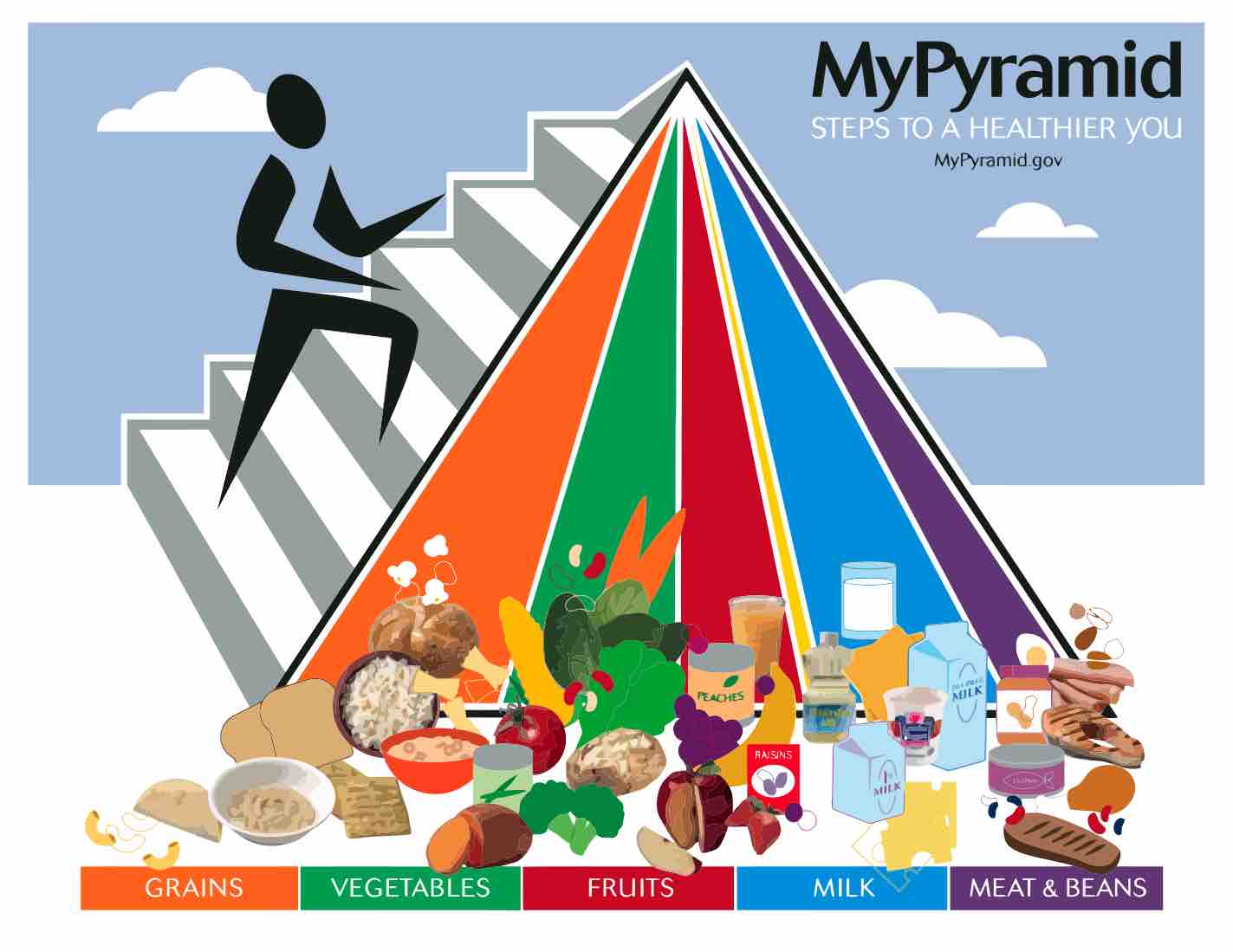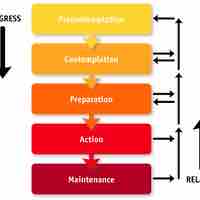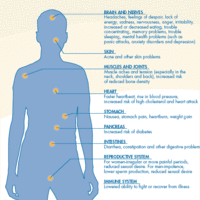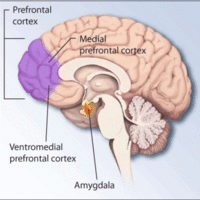Chapter 16
Stress and Health Psychology
By Boundless

Health psychology is the application of psychological theory and research to health, illness, and healthcare.

The biopsychosocial model states that health and illness are determined by a dynamic interaction between biological, psychological, and social factors.

Human nutrition and health are inextricably linked because proper nutrition maintains overall health and well-being.
Exercise is bodily activity that can have positive effects on both physical and mental well-being.

Substance abuse, or the habitual, harmful use of drugs, can have detrimental effects on the mind and body.
Managing health requires understanding the influence of psychological factors (such as attitude and mood) and overall quality of life.

The transtheoretical model of behavior change, based on five stages of change, assesses a person's readiness to stop an old, unhealthy behavior and act on a new, healthy behavior.
Behavioral medicine and health psychology are two approaches to understanding stress and its relationship to mental and physical health.

When presented with stress, the body responds by releasing hormones that will prepare it for the fight-or-flight response.

Cardiovascular disease has a number of behavioral risk factors, many of which are related to stress.

Coping with stress is the process by which a person consciously attempts to master, minimize, or tolerate stressors and problems in life.
Stress management resources aim to control or diminish a person's level of stress through both conventional and alternative methods.
Social support, the perception or reality of care or assistance from others, is vital to successful stress management.
Maintaining motivation is one of the keys to successful stress management and the promotion of overall well-being.
Spirituality and faith practices can improve skills for coping with stress and raise levels of happiness and general well-being.